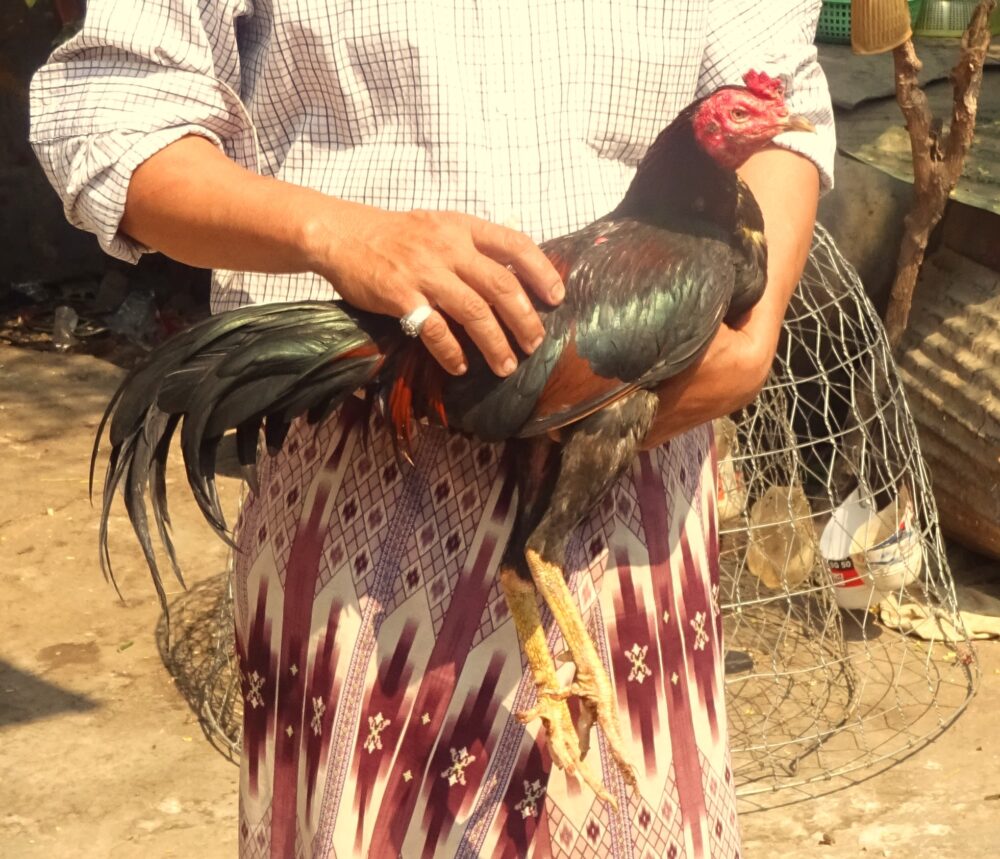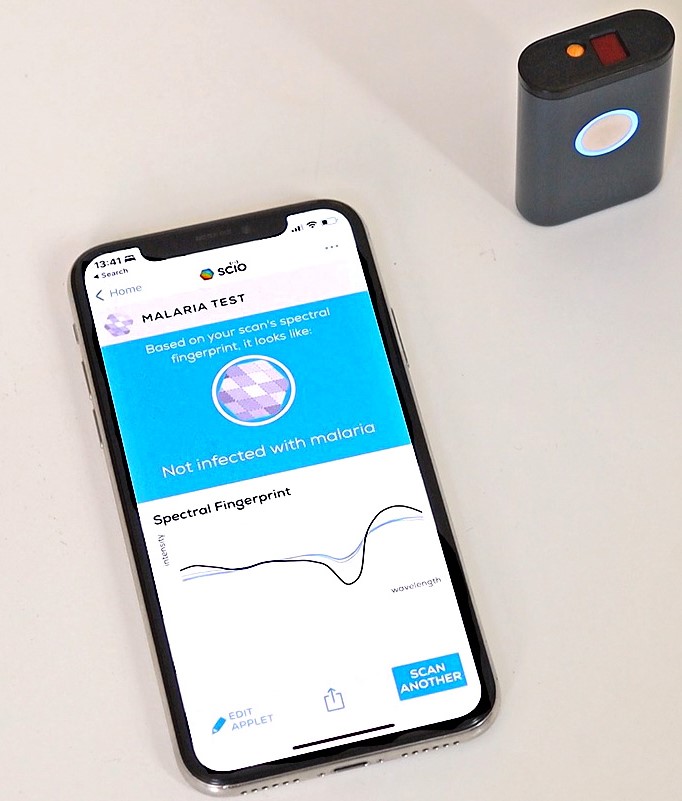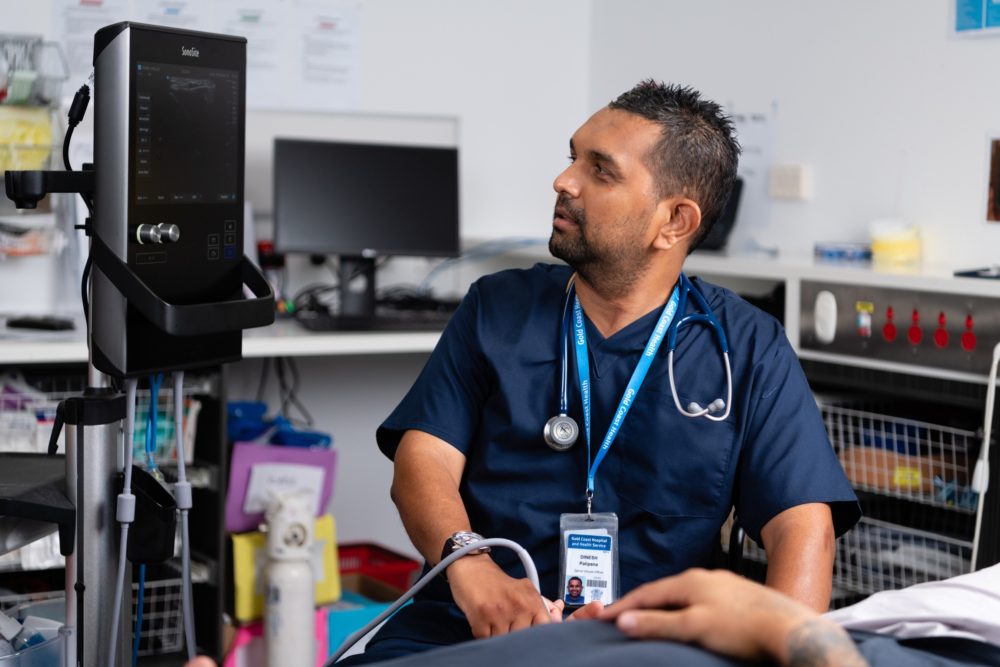By Neena Bhandari
Sydney, 02.03.2023 (SciDev.Net): Cambodian health authorities have confirmed that the two avian flu cases last week in Prey Veng province were “infected from birds in their village” and that “no transmission between father and daughter has been found”.
“As of today [1 March], there is no evidence of human-to-human transmission in Cambodia and the response is still ongoing,” Ailan Li, WHO Representative to Cambodia, told SciDev.Net following the death of an 11-year-old girl from the virus. “While there have been a few infections in humans globally, so far, the virus is not known to spread from person to person easily.”
The infection, which largely affects birds and animals, has a 50 per cent mortality rate in humans. Globally, 873 human cases of H5N1 and 458 deaths have been reported in 21 countries since 2003, according to the UN health agency.



